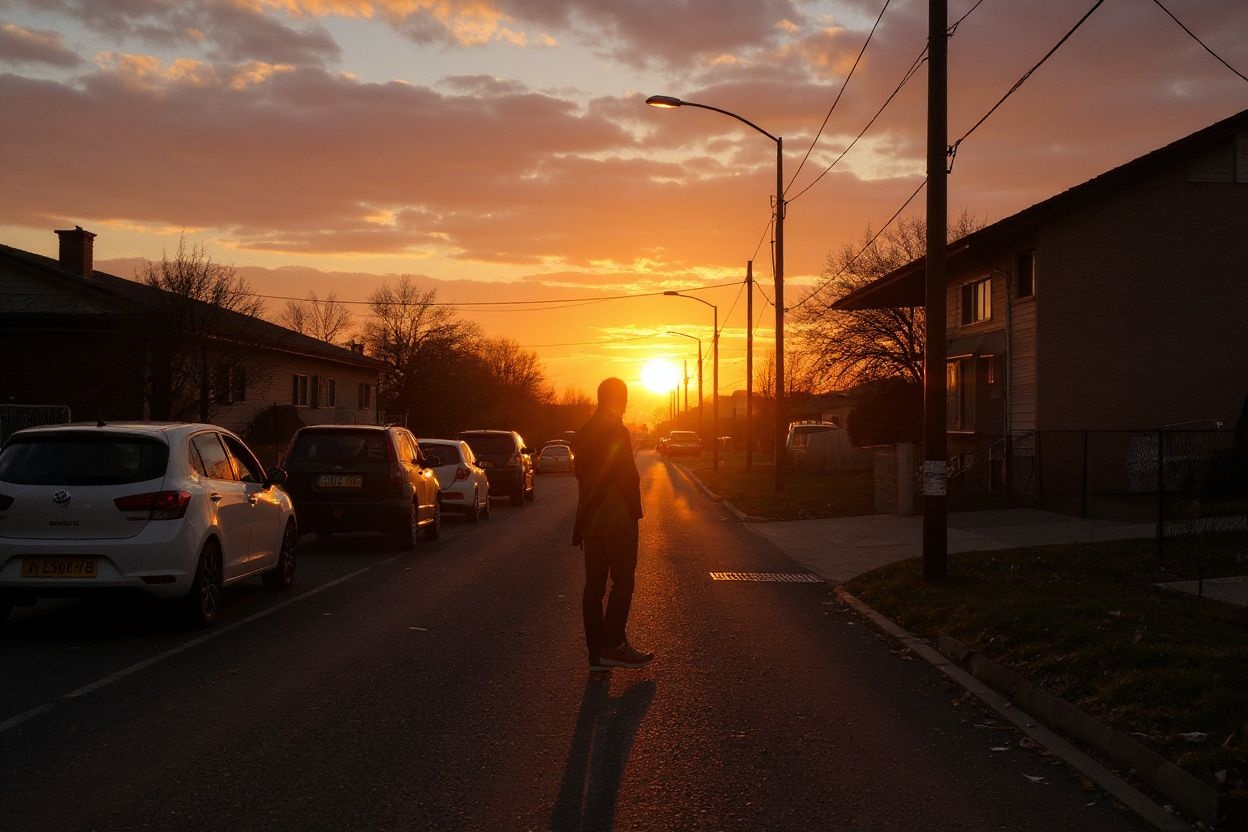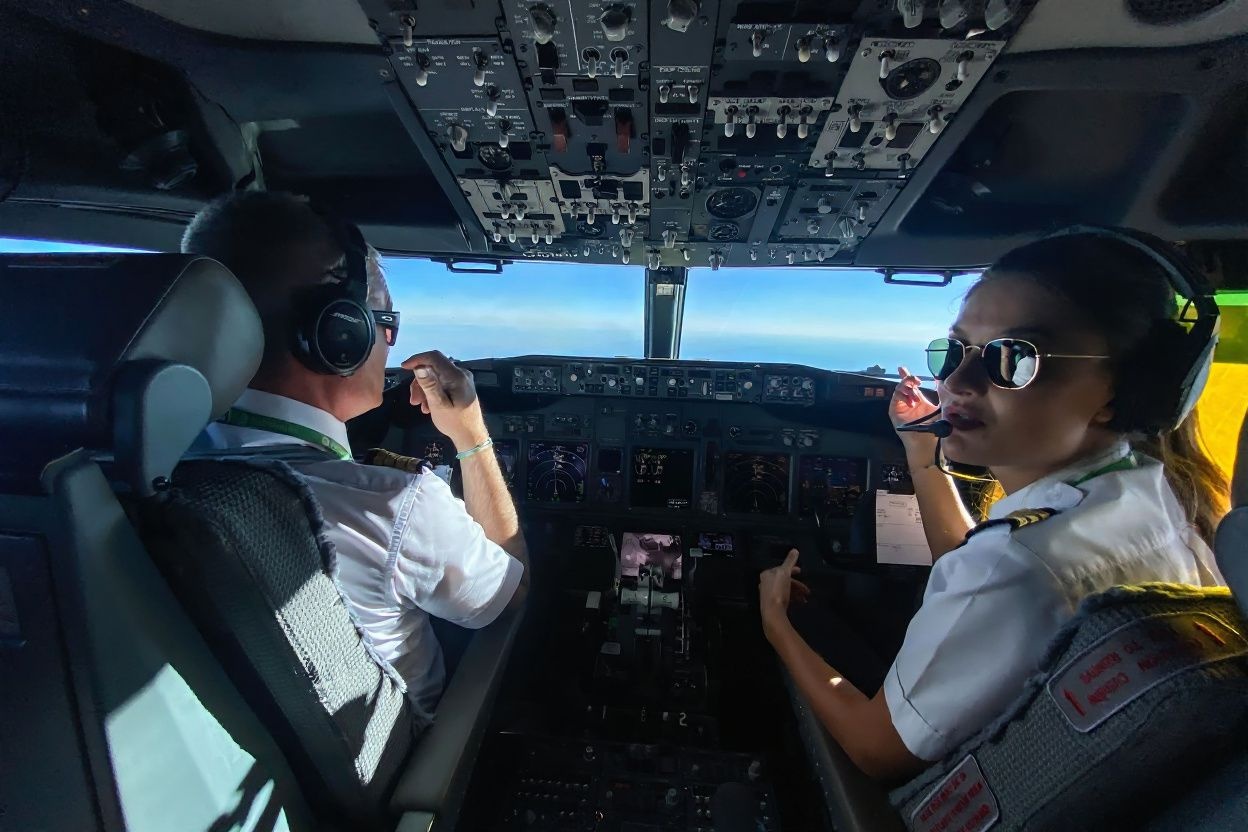
We’ve talked a lot about jobs – we’ve explored the hardest jobs, work-from-home jobs, the least stressful jobs, and even weird jobs that involve eating dog food.
Today, let’s talk about some of the busiest jobs in the world.
First of all, being busy means having a great deal to do .. which is pretty subjective.
Some of the busiest jobs in the world require you to work up to 12 hours or more, but without much to do apart from waiting around for customers.
Others need you to be at a workplace for only eight hours but with every minute filled with a task, two or three.
It’s also correct to say that motherhood is the busiest job in the world as it’s a 24-hour shift, seven days a week, where you can never clock off.
But remember that saying “Find a job you enjoy doing, and you will never have to work a day in your life”?
Someone who loves putting a smile on someone’s face will love working 20 hours as a dentist. But if you hate it, every minute will be a dread.
Ultimately, everyone’s free to choose a job that best aligns with what they like to do and for how many hours in a day they like.
In fact, it’s a matter of life and death that everyone, especially fresh graduates, should be intimately aware of.
Choose the wrong job and your life may just be on the line — like it did for Anna Sebastian.
 Imagine going to work before the sun comes out, and going home after it goes back down.
Imagine going to work before the sun comes out, and going home after it goes back down.
The dangers of the busiest jobs in the world
Sebastian was working at Ernst & Young India for only four months before she passed away from overwork. And to add insult to injury – no one from her job attended her funeral.
“She worked late into the night, even on weekends, with no opportunity to catch her breath. Her assistant manager once called her at night with a task that needed to be completed by the next morning, leaving her with barely any time to rest or recover. When she voiced her concerns, she was met with the dismissive response, ‘You can work at night; that’s what we all do’,” her mother wrote.
Matsuri Takahashi and Miwa Sado worked over 100 hours of overtime each before they died, prompting a national debate over Japan’s attitude to work-life balance.
Globally, over 80% of employees are at risk of burnout, according to the 2024 Global Talent Trends report by Mercer, which surveyed 12,000 participants, including 9,500 employees, 84 investors, 845 C-Suite leaders, and 1,900 HR leaders.
Several factors are behind their exhaustion — excessive workload, physical fatigue, and financial strain are some of the top reasons.
In our list of busiest jobs in the world, we consider several factors that lead to busy-ness: number of hours worked, number of tasks in a day, and the impact of these tasks on your mind and body:
 A hot, sweaty, intense job that will keep you on your feet all day.
A hot, sweaty, intense job that will keep you on your feet all day.
The busiest jobs in the world
Chefs
It’s just cooking, how hard could it be?
Have you watched American psychological comedy-drama “The Bear”? It will provide some insight into the crazy, intense world of food, family, and the insanity of the grind. If not, just look at any show starring British celebrity chef Gordon Ramsay.
A former executive chef on Quora said, “You have to be there first thing in the morning to greet the incoming staff and assign duties, but also be there throughout dinner service and clean up. 65+ hours are very common. Countless times I awakened to begin my day when the family was still asleep and returned home when the family had gone back to sleep.”
For run-of-the-mill chefs, the salary isn’t great either. You’ll be looking at an hourly average of US$19, unless you make it into a luxury business like a hotel or resort. Even then, the median salary clocks in at US$80,158.
But if you love food and people, and cooking is your dream job, a certification or degree in culinary arts can get you there.
 While most production companies work on a project basis, it can mean handling multiple projects at once, making it one of the busiest jobs in the world.
While most production companies work on a project basis, it can mean handling multiple projects at once, making it one of the busiest jobs in the world.
Film production
Looking to get into production? You’re looking at at least 12-hour days, sometimes seven days a week. Kiss that nine-to-five dream goodbye.
Hours may vary for a production crew depending on your position. You could be a makeup artist, stylist, camera crew, editor or even the producer – regardless, be prepared for long hours.
Canadian actor Yee Jee Tso responded to a Quora post, saying “Sometimes, maybe even often, it’s more than 12 hours per day. Cast and crew working hours are not constrained by any laws or union regulations from going into major overtime. Personally, I’ve done 18-hour days, 5 days in a row.”
And the returns? US$22 an hour if you’re lucky enough to work in the US – other countries pay even lower.
Kinda leaves a sour taste in one’s mouth when you remember Robert Downey Jr. was reportedly paid US$200 million to return to Marvel as Dr Doom – the production crew will likely see just a fraction of that.
But if you like working in production or want the chance to mingle with famous actors, opt for degrees in film studies, filmmaking, or even animation and multimedia design. Aspiring stylists can explore degrees in fashion, beauty, and hair management.
 It’s not as easy as pressing a button labelled “autopilot.” Pilots and cabin crew members have two of the busiest jobs in the world, flying up to almost 19 hours and having to keep hundreds of passengers safe throughout it all.
It’s not as easy as pressing a button labelled “autopilot.” Pilots and cabin crew members have two of the busiest jobs in the world, flying up to almost 19 hours and having to keep hundreds of passengers safe throughout it all.
Aviation
Aviation covers a very broad spectrum from engineering and customer service, to healthcare and meteorological sciences.
Pilots, engineers, cabin crew, airport staff, and air traffic controllers all share one aspect – long hours that can span into days on end, making the industry full of the busiest jobs in the world.
Pilots and cabin crew, for example, spend hours working on a plane. But unlike their customers, they can’t pop in a peanut and enjoy in-flight entertainment – they have to ensure that the flight operates smoothly and safely, attending to passengers’ needs while monitoring aircraft’s systems, handling potential emergencies, and maintaining communication with the cockpit and ground control.
And when the plane lands, they’re not there for a holiday like their passengers – they get a few hours, or one or two nights before they have to continue working on a returning flight.
It’s a physically demanding job with long hours, but returns are good. Many positions like aircraft mechanics, flight instructors, and pilots earn over US$60,000 annually.
Interested? It’s a broad industry with many entries – explore degrees in aviation management, hospitality, engineering, aerospace and business.
 “Law and Order” makes law enforcement, one of the busiest jobs in the world, glamorous.
“Law and Order” makes law enforcement, one of the busiest jobs in the world, glamorous.
Law enforcement
Enforcers, corrections officers, detectives, lawyers, forensics – any one of these law enforcement jobs will ensure long hours around the clock. They often juggle multiple cases and investigations at once; work is often high-stakes, and sometimes unpredictable.
It’s not over when you get home either. Lawyers and detectives will probably spend more hours poring over research, building up their cases or collecting information for court use. Even if they’re billed by the hour, lots of work goes into legal research out of the office.
Law enforcement officers and forensic specialists see about US$55,900 a year, while it can go up to US$93,400 for lawyers.
Useful degrees to enter this industry would be criminal justice, criminology, law, political science, law enforcement, and even criminal psychology.
Emergency services
Emergency services like paramedics, firefighters, police, and first responders work in some of the most demanding and fast-paced environments. Of course, it’s not just one of the busiest jobs in the world for them – it’s also one of the most dangerous, as they’re at the forefront of crime and disaster.
Even though most emergency service personnel work in shifts, it’s common to work past 12 hours a day, especially in emergencies. They also need to have peak physical and mental preparedness throughout the demanding hours, which will eventually take a toll on them.
Of course, this intense industry offers substantial rewards. Emergency service workers are paid between US$62,000 to US$105,000 a year, and in most cases, can enjoy a decent pension upon retirement.
To join this industry, pursue degrees in criminology, emergency management or emergency medicine. Some positions like firefighters will require you to undergo advanced training in a technical school or academy as well.
 When there’s a big project, marketing directors have some of the busiest jobs in the world, working up to 7 to 80 hours per week.
When there’s a big project, marketing directors have some of the busiest jobs in the world, working up to 7 to 80 hours per week.
Marketing
In the corporate world, marketing jobs take the cake – or at least, a very big slice of it after CEOs with their infamous 12-hours days. If you work in positions such as digital marketing, graphic design, social media management, and event planning, it’s safe to say you’ll be working almost 24/7.
The digital world has brought many advancements to society. It has also created many new headaches for marketers. There is a need to constantly be online and present, addressing audiences and churning out new campaigns. Brands have to be quick to respond to criticism or customer concerns, lest they get cancelled online.
While most marketing positions offer a lower range of US$33,200 a year, working your way up the ladder can net you up to US$131,000. The industry is flexible too – you can enter if you have a degree in marketing, communications, business, management or multimedia.










